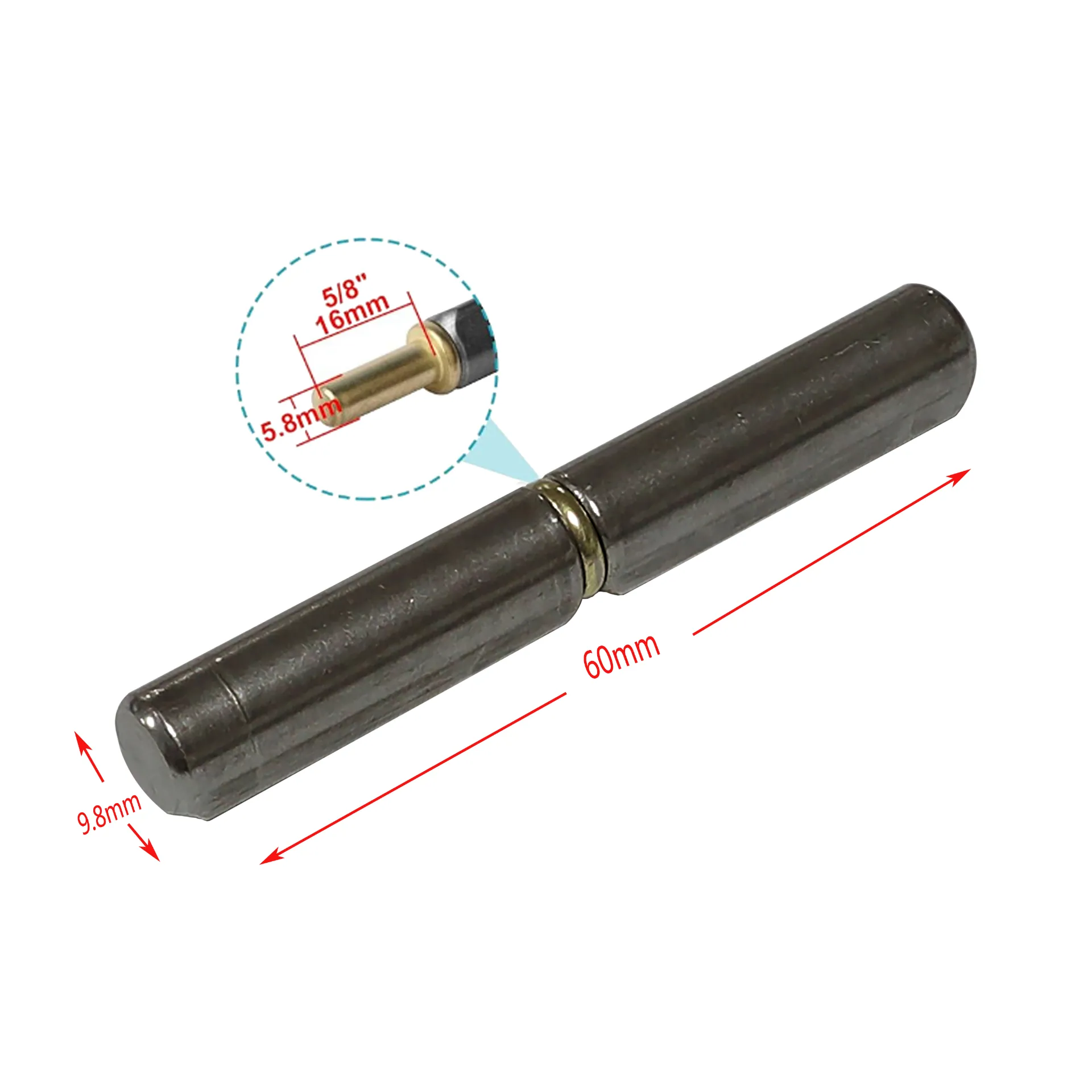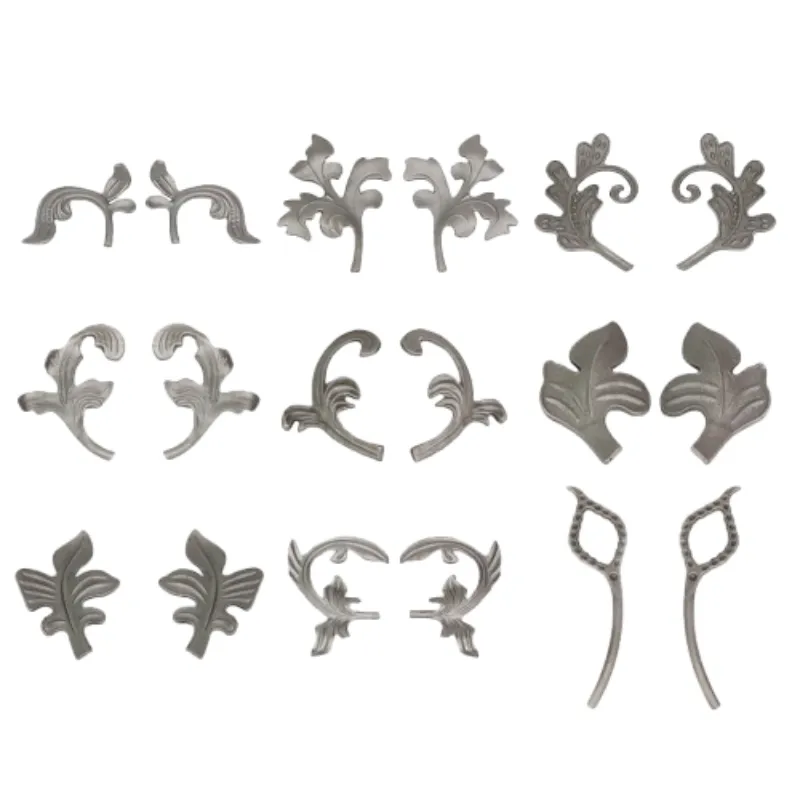
فوریه . 18, 2025 03:57
Back to list
hinges material
When selecting materials for hinges, understanding each material's unique properties and how they affect both functionality and durability is crucial. This knowledge can significantly impact the performance and longevity of products where hinges are applied, ranging from standard household items to advanced industrial mechanisms. Here, we delve into the materials commonly used for hinge manufacturing, focusing on their real-world application, performance, and trust in terms of durability.
For applications demanding non-magnetic properties, such as in MRI room installations and medical equipment, plastic hinges present a compelling case. Advanced polymers now deliver impressive strength while maintaining immunity to rust and magnetic interference. The pliability of plastic allows for innovative designs that can reduce overall manufacturing costs. Reliable in their operational performance, these hinges find a specialized niche where conventional metal hinges may falter due to magnetic concerns. Titanium hinges stand as the pinnacle of performance in the aerospace and medical industries, where weight-to-strength ratio and bio-compatibility are non-negotiable. Despite their higher cost, titanium's unmatched corrosion resistance, even in harshest conditions, assures a long service life. Engineers in high-performance fields value titanium for its expertise in maintaining integrity under mechanical stress and extreme temperatures. Its increasing use underscores a growing trust in titanium's capability to meet precise engineering demands. In sum, the selection of hinge materials depends substantially on the specific requirements of use from the sturdy and well-proven reliability of steel and brass to the lightweight advantages of aluminum and the specialty uses of plastic and titanium. Each material offers its unique combination of properties longevity, resistance, appearance, and cost-efficiency. Understanding these attributes enables designers, engineers, and consumers to make informed, authoritative decisions, ensuring a long-lasting performance and aligning with the ultimate trust bestowed upon a well-manufactured hinge.


For applications demanding non-magnetic properties, such as in MRI room installations and medical equipment, plastic hinges present a compelling case. Advanced polymers now deliver impressive strength while maintaining immunity to rust and magnetic interference. The pliability of plastic allows for innovative designs that can reduce overall manufacturing costs. Reliable in their operational performance, these hinges find a specialized niche where conventional metal hinges may falter due to magnetic concerns. Titanium hinges stand as the pinnacle of performance in the aerospace and medical industries, where weight-to-strength ratio and bio-compatibility are non-negotiable. Despite their higher cost, titanium's unmatched corrosion resistance, even in harshest conditions, assures a long service life. Engineers in high-performance fields value titanium for its expertise in maintaining integrity under mechanical stress and extreme temperatures. Its increasing use underscores a growing trust in titanium's capability to meet precise engineering demands. In sum, the selection of hinge materials depends substantially on the specific requirements of use from the sturdy and well-proven reliability of steel and brass to the lightweight advantages of aluminum and the specialty uses of plastic and titanium. Each material offers its unique combination of properties longevity, resistance, appearance, and cost-efficiency. Understanding these attributes enables designers, engineers, and consumers to make informed, authoritative decisions, ensuring a long-lasting performance and aligning with the ultimate trust bestowed upon a well-manufactured hinge.
Prev:
Next:
Latest news
-
Unique Design Ideas for Wrought Iron Wall DecorNewsJul.21,2025
-
Stainless Steel Pulley for Marine ApplicationsNewsJul.21,2025
-
Safety Features in Industrial Track PulleyNewsJul.21,2025
-
Precision Tolerances for 2 Inch U Groove WheelsNewsJul.21,2025
-
Iron Fence Spears Corrosion Protection MethodsNewsJul.21,2025
-
Iron Decorative Panels for Balcony ScreensNewsJul.21,2025
-
Industrial Applications Requiring Heavy Duty PulleyNewsJul.21,2025












